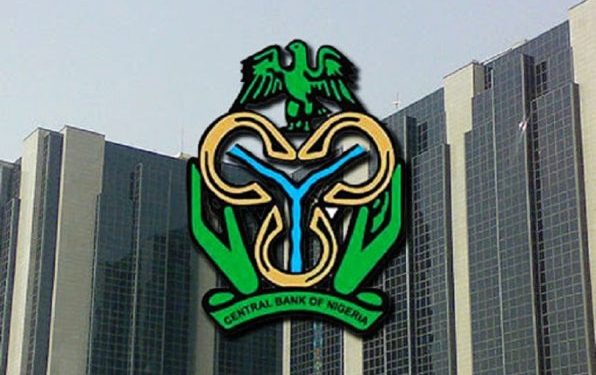The Central Bank of Nigeria (CBN) has stated that ongoing monetary tightening and structural reforms are beginning to yield results, contributing to a more stable naira, improving lending conditions and supporting a gradual moderation in inflation.
CBN Deputy Governor for Corporate Services, Emem Usoro, made this known on Thursday during a seminar organised in Lagos for members of the Finance Correspondents Association of Nigeria (FICAN). She was represented by Hakama Sidi Ali, Acting Director of the bank’s Corporate Communications Department.
Usoro explained that the bank’s recent policy direction was shaped by the need to restore macroeconomic stability after years of fiscal pressures and external shocks. She noted that when Governor Olayemi Cardoso and the current leadership team assumed office two years ago, Nigeria faced significant economic headwinds.
At the time, inflation was rising sharply, the naira was unstable due to persistent foreign-exchange shortages, the country’s external reserves had weakened, and the financial sector was strained by large FX backlogs and heavy reliance on Ways and Means financing from the federal government.
According to her, these challenges underscored the urgency of disciplined, structured and well-sequenced reforms capable of rebuilding confidence in the financial system.
She noted that since then, the CBN has introduced various measures, including stricter compliance oversight, stronger bank governance frameworks and progress on its ongoing recapitalisation programme. These initiatives, she added, are aligned with the broader economic reforms implemented by the federal government.
Usoro said early progress is already visible, particularly in improved currency stability, moderating inflation and a more favourable lending environment for the private sector.















